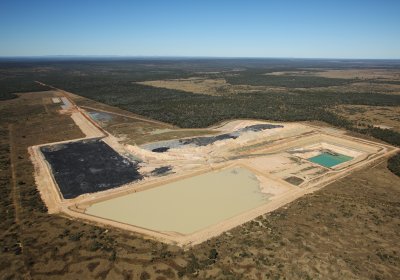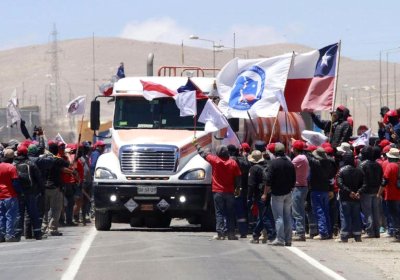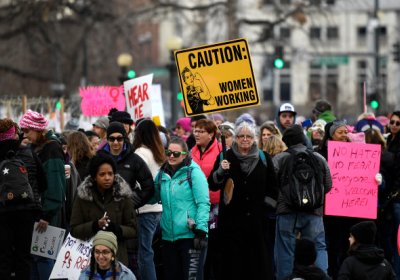With Ecuador’s presidential elections heading into a second round on April 2, the Coordination of Social Movements, Communities and Nationalities, made up of about 1200 groups nationwide, will support leftist candidate Lenin Moreno, Ecuador's state media outlet El Telegrafo reported.
Moreno fell just short of the 40% and 10 point lead needed for an outright win in the first round on February 19, winning 39.36% of the vote of more than 13 million voters. Right-wing banker Guillermo Lasso came in second place with 28.09%.











